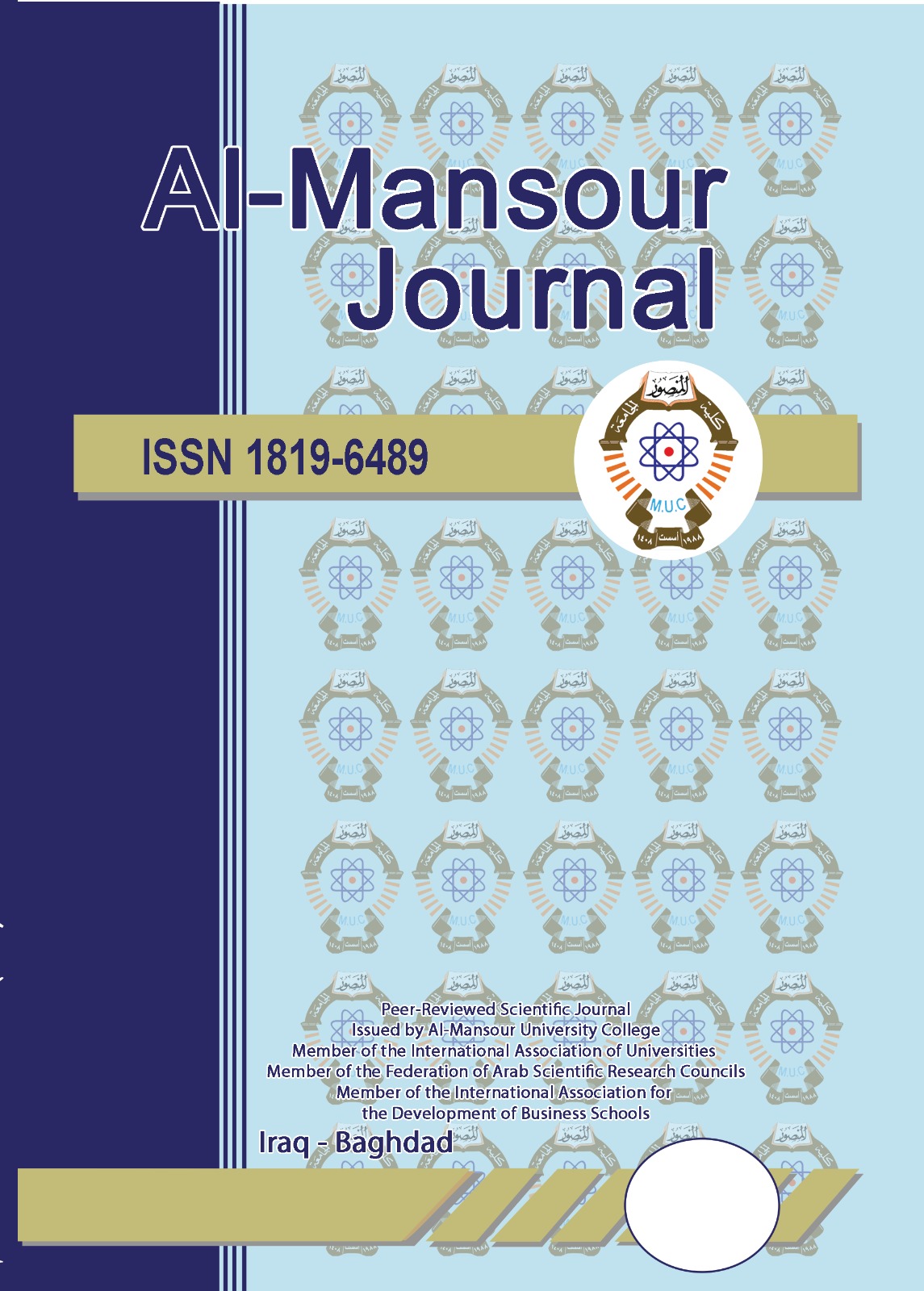The Role of Tissue Immune Dysregulation in Cancer and Systemic Diseases
Keywords:
Tissue, Immune Dysregulation, Cancer, Systemic DiseasesAbstract
Tissue immune homeostasis is essential for the prevention of pathological inflammation and the preservation of organ integrity. However, when immune regulation at the tissue level is disrupted, it can trigger or aggravate a wide array of diseases, including cancer and systemic inflammatory disorders. This review looks into the pathophysiology of autoimmune and chronic systemic disorders, as well as the emerging understanding of how tissue-specific immune dysregulation contributes to oncogenesis, tumor progression, and metastasis. Dysfunctional interactions between tissue-resident immune cells, stromal components, cytokine networks, and the local microenvironment are at the core of this dysregulation. The failure of immune tolerance, chronic low-grade inflammation, and aberrant activation of immune checkpoints are identified as critical mechanisms. Additionally, the role of tissue-specific immune niches in shaping disease outcomes emphasizes the need for localized therapeutic approaches. Understanding the molecular and cellular basis of tissue immune dysregulation opens new insights into targeted immunotherapies and precision medicine for both malignant and non-malignant diseases.


